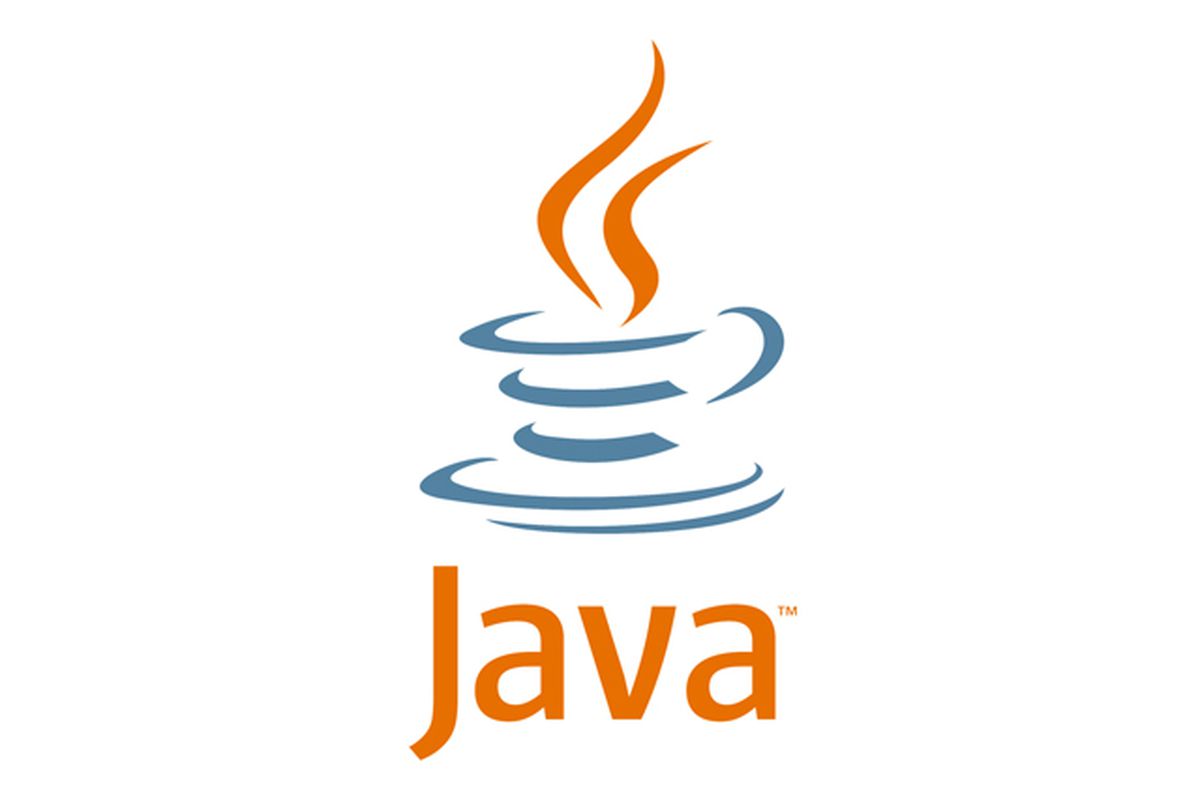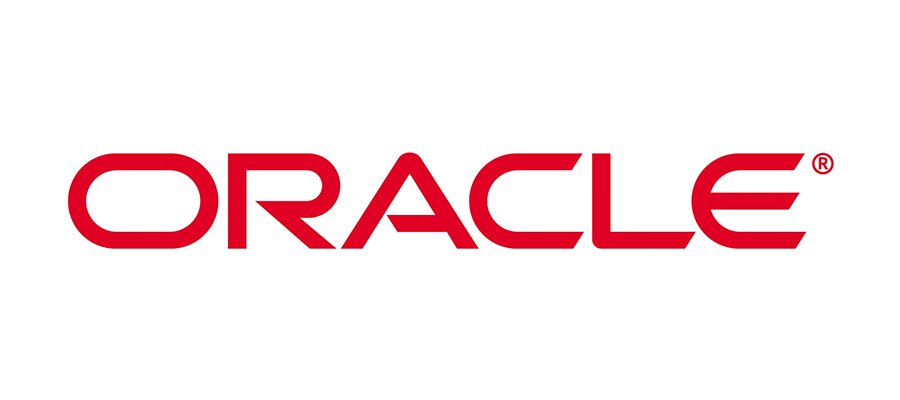

Java SE 8 Programming
Sobre este Treinamento
- Creating high-performing multi-threaded applications;
- Creating Java technology applications that leverage the object-oriented features of the Java language, such as encapsulation, inheritance, and polymorphism;
- Implementing input/output (I/O) functionality to read from and write to data and text files and understand advanced I/O streams;
- Executing a Java technology application from the command line;
- Manipulating files, directories and file systems using the JDK NIO.2 specification;
- Creating applications that use the Java Collections framework;
- Performing multiple operations on database tables, including creating, reading, updating and deleting using both JDBC and JPA technology;
- Searching and filter collections using Lambda Expressions;
- Implementing error-handling techniques using exception handling;
- Using Lambda Expression concurrency features.
What you will learn
This Java SE 8 Programming training covers the core language features and Application Programming Interfaces (API) you will use to design object-oriented applications with Java Standard Edition 8 (Java SE 8) Platform.
- Create Java technology applications with the latest JDK Technology;
- Develop your object-oriented skills;
- Identify good practices in the use of the language to create robust Java application;
- Use Lambda expressions in Java applications;
- Store and manipulate data using collections;
- Manipulate files, directories and file systems;
- Connect to databases using standard SQL queries through JDBC;
- Create high-performance multi-threaded applications.
Benefits to You
You can use this course to further develop your skills with the Java language and prepare for the Oracle Certified Professional, Java SE 8 Programmer Exam!
Carga Horária: 5 dias 
Pré-requisito
Required Prerequisites
Java SE 8 Fundamentals
Developer
Java Developers
Java EE Developers
Público-alvo
Conteúdo
Java Platform Overview
- Defining how the Java language achieves platform independence
- Differentiating between the Java ME, Java SE, and Java EE Platforms
- Evaluating Java libraries, middle-ware, and database options
- Defining how the Java language continues to evolve
Java Syntax and Class Review
- Creating simple Java classes
- Creating primitive variables
- Using operators
- Creating and manipulate strings
- Using if-else and switch statements
- Iterating with loops: while, do-while, for, enhanced for
- Creating arrays
- Using Java fields, constructors, and methods
Encapsulation and Subclassing
- Using encapsulation in Java class design
- Modeling business problems using Java classes
- Making classes immutable
- Creating and use Java subclasses
- Overloading methods
Overriding Methods, Polymorphism, and Static Classes
- Using access levels: private, protected, default, and public.
- Overriding methods
- Using virtual method invocation
- Using varargs to specify variable arguments
- Using the instance of operator to compare object types
- Using upward and downward casts
- Modeling business problems by using the static keyword
- Implementing the singleton design pattern
Abstract and Nested Classes
- Designing general-purpose base classes by using abstract classes
- Constructing abstract Java classes and subclasses
- Applying final keyword in Java
- Distinguish between top-level and nested classes
Interfaces and Lambda Expressions
- Defining a Java interface
- Choosing between interface inheritance and class inheritance
- Extending an interface
- Defaulting methods
- Anonymous inner classes
- Defining a Lambda Expression
Collections and Generics
- Creating a custom generic class
- Using the type inference diamond to create an object
- Creating a collection by using generics
- Implementing an ArrayList
- Implementing a TreeSet
- Implementing a HashMap
- Implementing a Deque
- Ordering collections
Collections Streams, and Filters
- Describing the Builder pattern
- Iterating through a collection using lambda syntax
- Describing the Stream interface
- Filtering a collection using lambda expressions
- Calling an existing method using a method reference
- Chaining multiple methods together
- Defining pipelines in terms of lambdas and collections
Lambda Built-in Functional Interfaces
- Listing the built-in interfaces included in java.util.function
- Core interfaces – Predicate, Consumer, Function, Supplier
- Using primitive versions of base interfaces
- Using binary versions of base interfaces
Lambda Operations
- Extracting data from an object using map
- Describing the types of stream operations
- Describing the Optional class
- Describing lazy processing
- Sorting a stream
- Saving results to a collection using the collect method
- Grouping and partition data using the Collectors class
Exceptions and Assertions
- Defining the purpose of Java exceptions
- Using the try and throw statements
- Using the catch, multi-catch, and finally clauses
- Autoclose resources with a try-with-resources statement
- Recognizing common exception classes and categories
- Creating custom exceptions
- Testing invariants by using assertions
Java Date/Time API
- Creating and manage date-based events
- Creating and manage time-based events
- Combining date and time into a single object
- Working with dates and times across time zones
- Managing changes resulting from daylight savings
- Defining and create timestamps, periods and durations
- Applying formatting to local and zoned dates and times
I/O Fundamentals
- Describing the basics of input and output in Java
- Read and write data from the console
- Using streams to read and write files
- Writing and read objects using serialization
File I/O (NIO.2)
- Using the Path interface to operate on file and directory paths
- Using the Files class to check, delete, copy, or move a file or directory
- Using Stream API with NIO2
Concurrency
- Describing operating system task scheduling
- Creating worker threads using Runnable and Callable
- Using an ExecutorService to concurrently execute tasks
- Identifying potential threading problems
- Using synchronized and concurrent atomic to manage atomicity
- Using monitor locks to control the order of thread execution
- Using the java.util.concurrent collections
The Fork-Join Framework
- Parallelism
- The need for Fork-Join
- Work stealing
- RecursiveTask
- RecursiveTask
Parallel Streams
- Reviewing the key characteristics of streams
- Describing how to make a stream pipeline execute in parallel
- List the key assumptions needed to use a parallel pipeline
- Defining reduction
- Describing why
- reduction requires an associative function
- Calculating a value using reduce
- Describing the process for decomposing and then merging work
- Listing the key performance considerations for parallel streams
Database Applications with JDBC
- Defining the layout of the JDBC API
- Connecting to a database by using a JDBC driver
- Submitting queries and get results from the database
- Specifying JDBC driver information externally
- Performing CRUD operations using the JDBC API
Localization
- Describing the advantages of localizing an application
- Defining what a locale represents
- Read and set the locale by using the Locale object
- Building a resource bundle for each locale
- Calling a resource bundle from an application
- Changing the locale for a resource bundle
Atendimento Personalizado
Para saber mais sobre os treinamentos, certificações e soluções de TI da SoftSell, entre em contato com a gente.
É só escolher o seu canal preferido e aguardar breve resposta em horário comercial:
ENDEREÇO
Rua Emiliano Perneta, 680 – 9º Andar
Centro – Curitiba – Paraná – 80420-080

